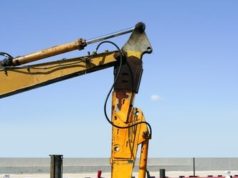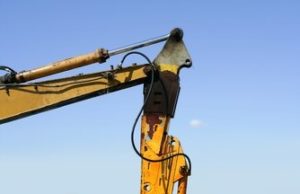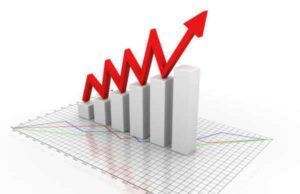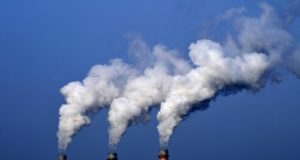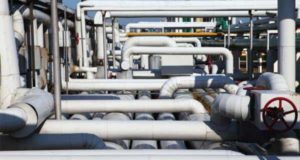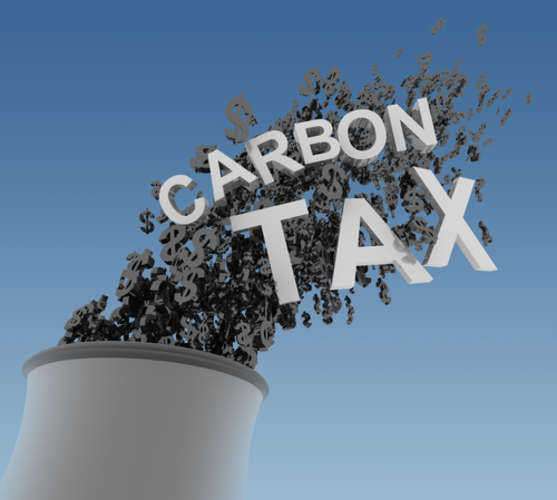
On November 19, 2012, the International Energy Agency (IEA) praised Australia for setting goals toward a low-carbon economy, but the IEA warns that such a plan will require a huge amount of economic and non-economic investment.
IEA Executive Director Maria van der Hoeven stated: “Australia has taken many positive steps since the last in-depth review in 2006. The IEA strongly supports Australia’s continuing efforts to increase and improve low-carbon energy in the country.”
Australia is a huge producer of coal and natural gas and stands as the ninth-largest energy producer in the world. Australia is only one of three countries part of the Organization for Economic Cooperation and Development (OECD) that qualify as a net energy exporter. Additionally, Australia has invested heavily in wind, solar, and geothermal resources, and projects have addressed biomass and ocean energy resources in recent years as well.
Australia has begun to convert to an economy with clean-energy, but the IEA states the shift will prove difficult.
The IEA predicts the transition to a clean-energy economy will be extremely expensive even though Australia has a large amount of resources. The country will need to invest largely in new technology and make sure there are enough qualified workers to conduct research, manufacture, and install new technologies. The IEA recommends that the government in Australia promote education and training for the growing technology fields and even recruit workers from overseas.
Apart from investing in new technologies, Australia has also made strong commitments to regulating the capture and storage of carbon. The country has also introduced prices for certain amounts of released carbon.
Van der Hoeven praised the pricing of carbon but stated more measures are necessary: “The IEA views carbon pricing as a critical component of climate policy, and we hope its introduction in Australia will put an end to much uncertainty in the energy sector. But even with a carbon price, Australia will need supplementary policies, like energy-efficiency policies to unlock low‐cost abatement and technology policies to help lower the long-term cost of new technologies, including renewable energy and carbon capture and storage.”
In light of all the clean-energy transitioning, the IEA did show concern over Australia’s stock of oil. The IEA requires oil stocks to equal, at minimum, 90 days of imported oil. Australia has taken steps to address its low stocks of oil, but the IEA has put increasing pressure on Australia to become compliant with stock level requirements.
Source: International Energy Agency





